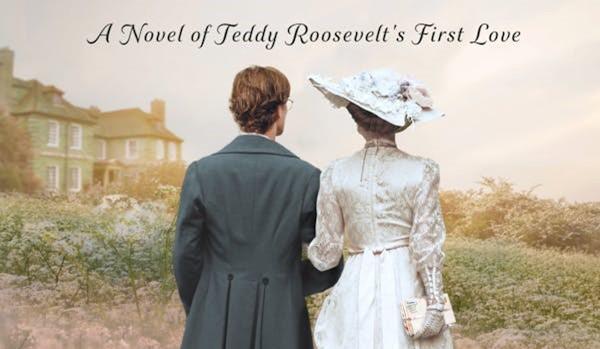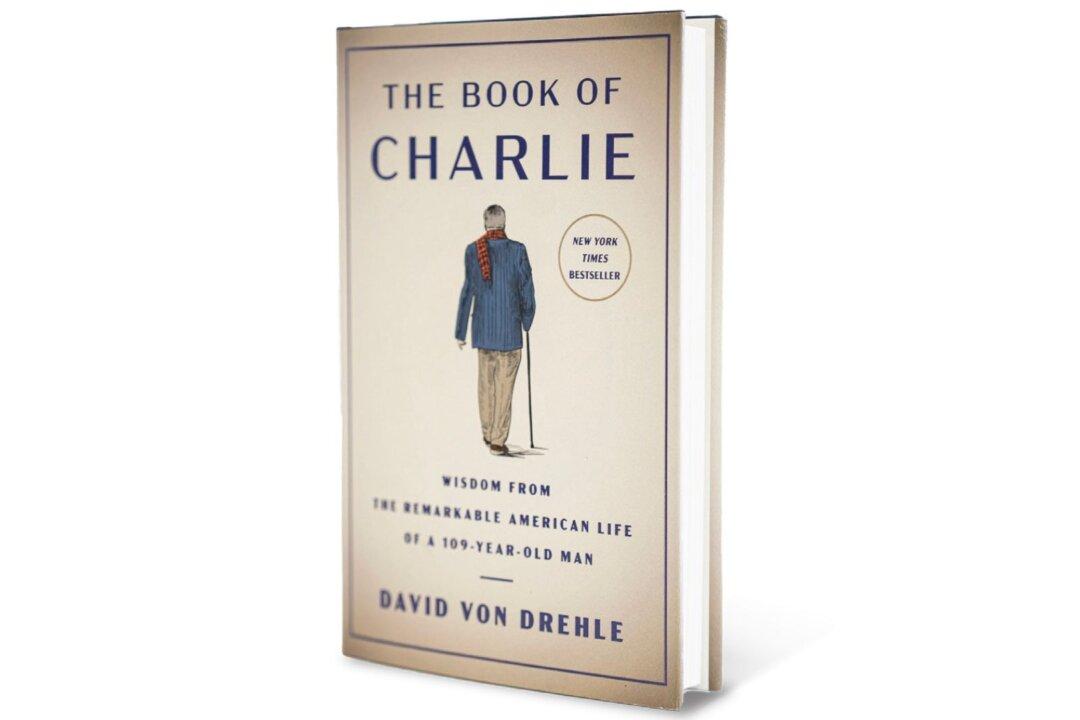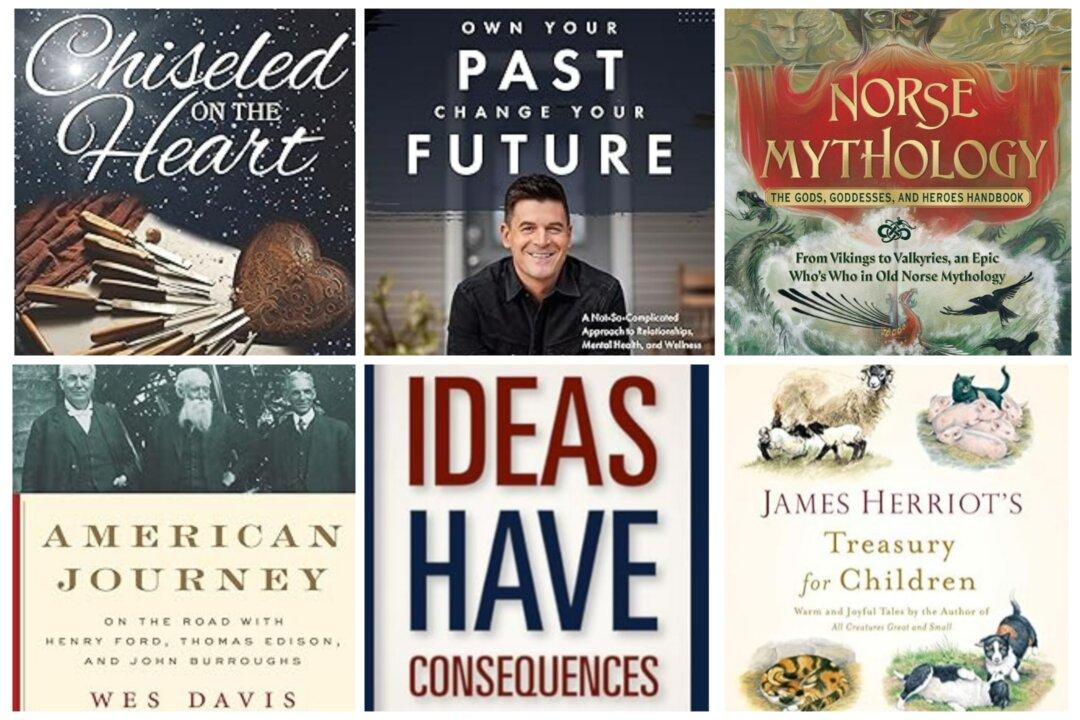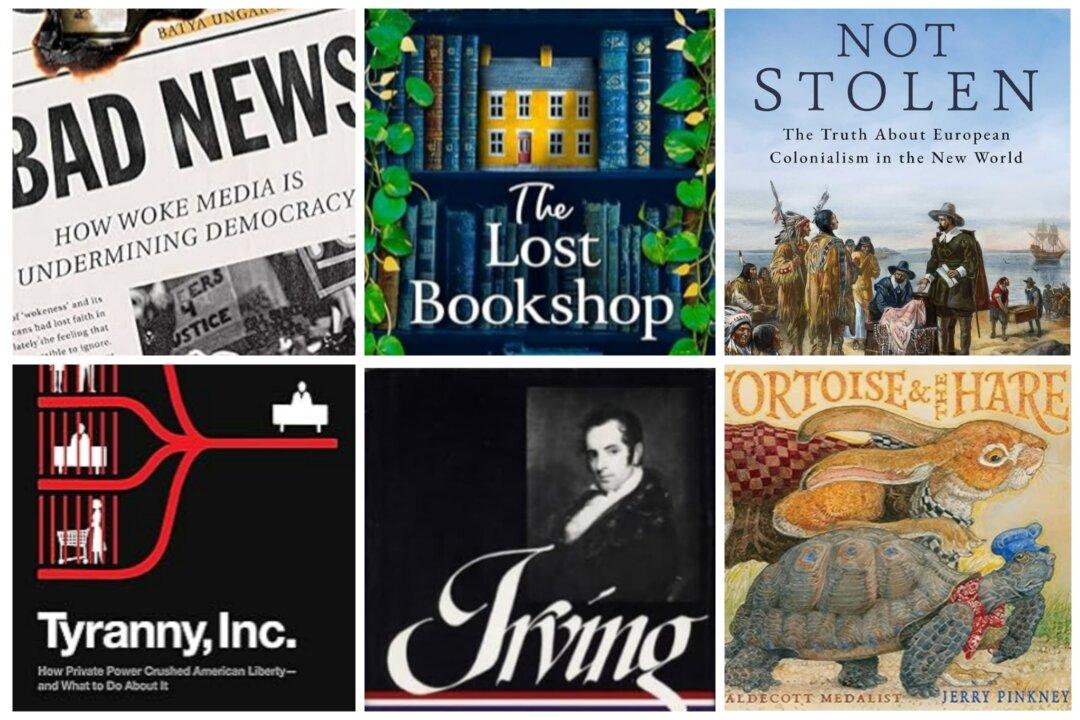Author of “Dear George, Dear Mary: A Novel of George Washington’s First Love,” Mary Calvi offers readers another fascinating fictional novel crafted from primary source material.
“If a Poem Could Live and Breathe,” which was released earlier this year, is at once a historical novel and a romance novel centered on young Theodore Roosevelt and his first love, Alice Hathaway Lee.






